- video explains the implementation of a tornado effect as found in Elden Ring
- shows the modeling, UV manipulation, and shader work in Godot
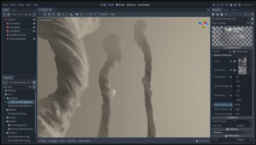
- video tutorial covering optimization strategies when games are GPU-limited
- presents techniques for identifying GPU bottlenecks and performance issues
- demonstrates effects of lights, shadows, post-processing, as well as overdraw optimizations
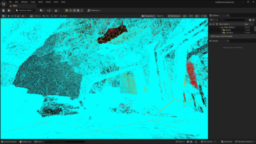
- The author explores GPU point rendering performance bottlenecks
- investigates why millions of points cause dramatic slowdowns on Apple GPUs when heavily overlapped
- compares regular point rasterization vs compute shader approaches across 30+ GPU models
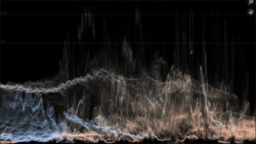
- Arm releases a temporal super sampling model optimized for mobile Neural Accelerators
- enables upscaling from 540p to 1080p
- includes explanations on how to get started with the model as well as how to train and evaluate it
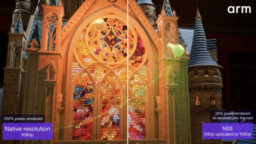
- comprehensive guide to automatic differentiation in machine learning from a practical perspective
- covers DAG computation graphs, dynamic graph building, and gradient computation using the chain rule
- includes toy AutoGrad implementation in Python, demonstrating forward and backward passes
- explores regularization techniques, skip connections, and gradient management in modern frameworks like PyTorch

- interactive tutorial on Big O notation explaining algorithm complexity analysis
- covers O(1), O(log n), O(n), and O(n²) with practical examples including bubble sort and binary search
- demonstrates performance implications through visual demonstrations
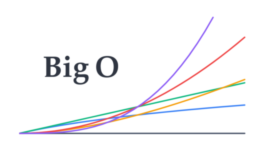
- trained neural cache storing visibility between lights and 3D positions for direct illumination
- integrates MLP with multi-resolution hash-grid encoding
- feeds light visibility data to weighted reservoir sampling
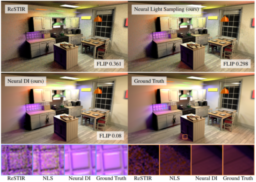
- perceptually uniform color model based on OKLab color space, offering improved color manipulation
- enables consistent brightness across different hues by maintaining the same lightness value
- produces better gradients without muddy midpoints and predictable shades without hue drift
- supports wider Display-P3 gamut colors beyond sRGB
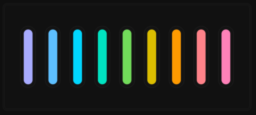
- Microsoft’s solution to shader compilation stuttering by moving shader compilation to cloud infrastructure
- creates State Object Database (SODB) from game data and Precompiled Shader Database (PSDB) for distribution
- initially launching on ROG Xbox Ally devices and later broader through the AgilitySDK
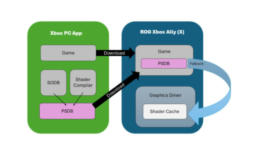
- major revision introducing ML-based neural rendering technologies, including AMD FSR 4 upscaling
- requires pre-built, signed DLL architecture with automatic hardware-appropriate fallback from FSR 4 to FSR 3.1.5
- enables automatic driver-based technology upgrades for FSR 4 upscaling and upcoming FSR ML Frame Generation
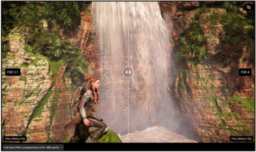
- Python tool for analyzing texture resolution requirements by examining mipmap level information distribution
- calculates per-pixel differences between consecutive mip levels to identify needlessly large textures
- helps to optimize texture memory usage and streaming performance by providing objective metrics for size reduction decisions
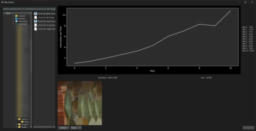
Thanks to Matt Pharr for support of this series.
Would you like to see your name here too? Become a Patreon of this series.